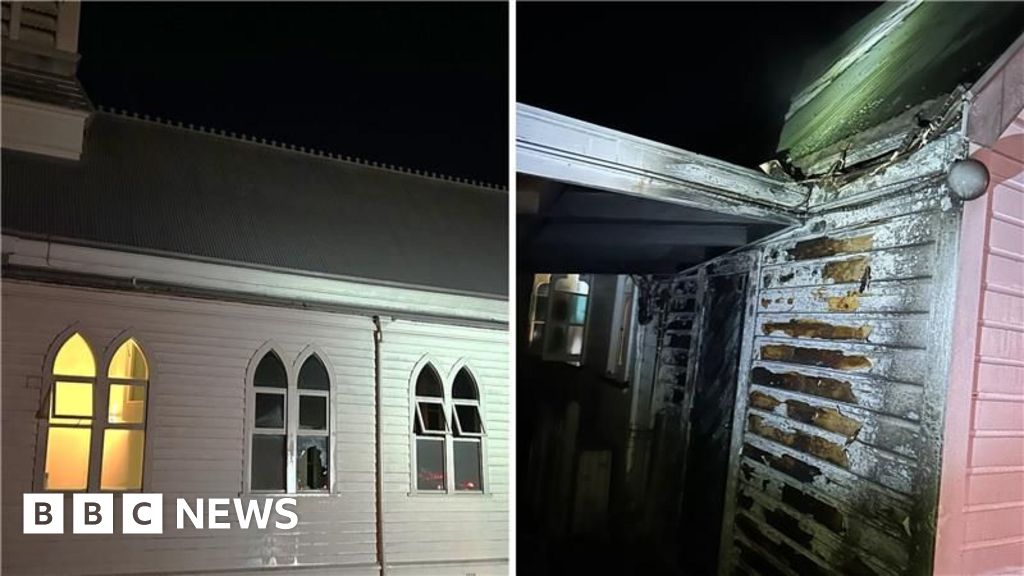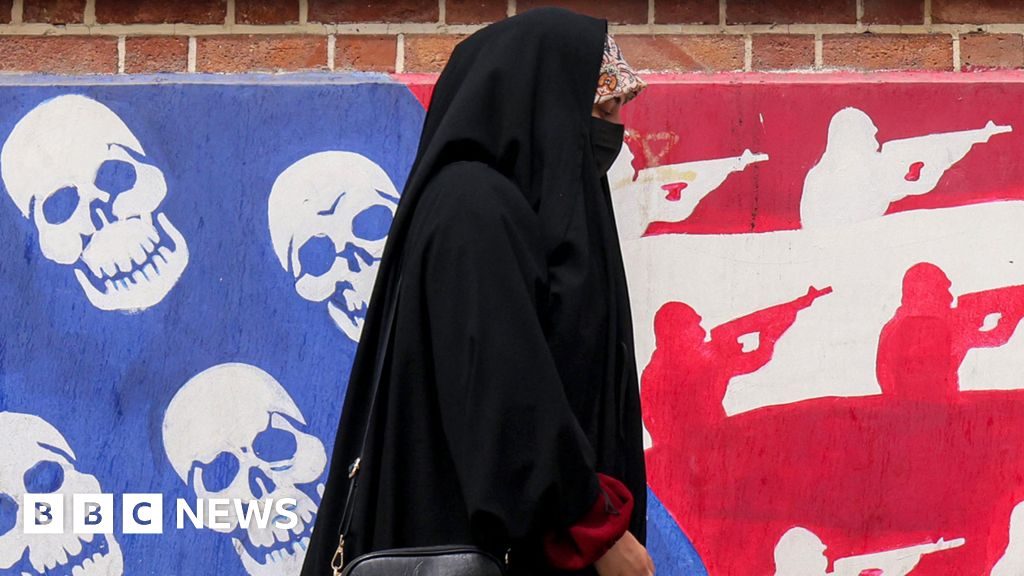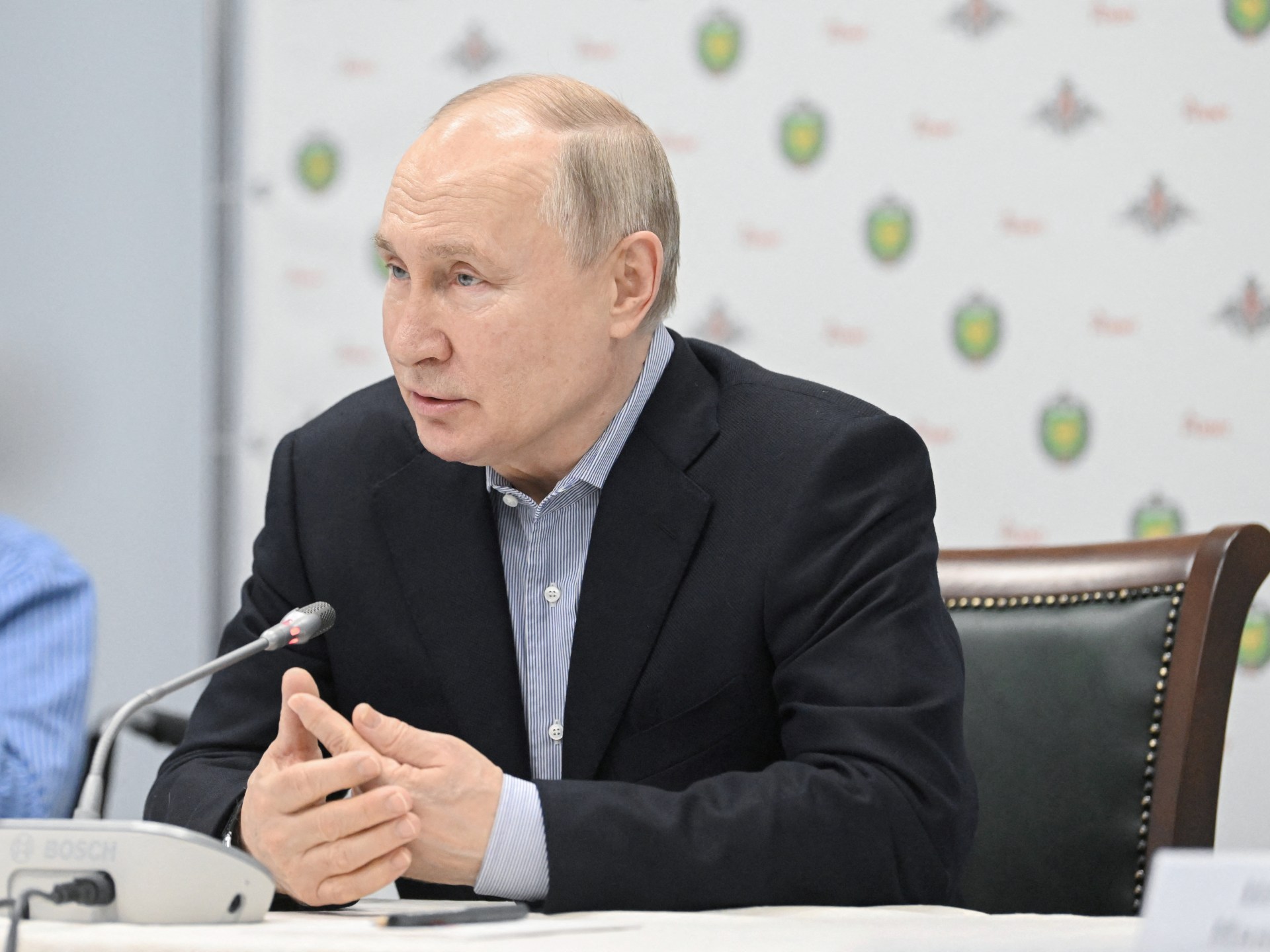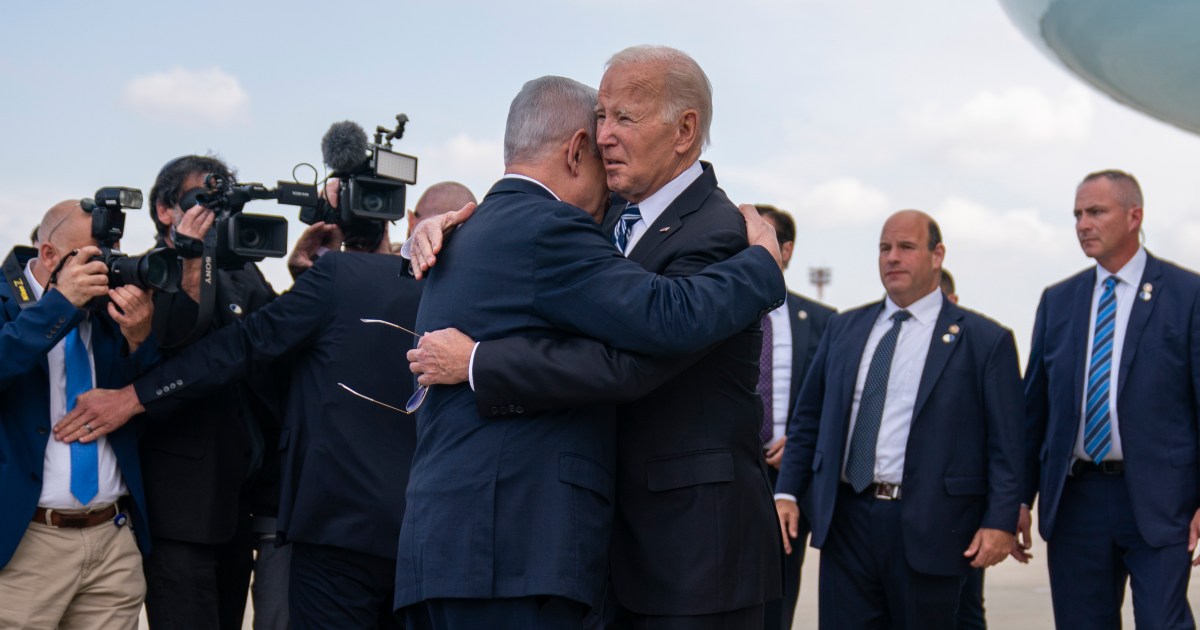Burundi must engage in ‘credible and inclusive’ move towards democratic rule — Global Issues
Despite commitments and measures taken by the government, the human rights situation there has not changed in a substantial and sustainable way, said Fortuné Gaétan Zongo, who was appointed on 1 April as Special Rapporteur on the situation of human rights in Burundi.
“It is crucial and urgent to initiate reforms and a credible and inclusive democratization process in Burundi to avoid a recurrence of past cycles of violence,” he said, presenting his first report to the Human Rights Council.
In his report, the expert recalled the obligation of accountability since the 2015 crisis and called for deeper institutional reforms.
In 2015, sitting President Pierre Nkurunziza, decided to run for a controversial third term, sparking mass protests and a failed failed coup. Years of violent repression followed, including mass arrests, detentions, executions, torture and intimidation. Hundreds of thousands were displaced.
Following elections in 2020, political violence decreased, but widespread abuses continued, the UN Commission of Inquiry on Burundi reported last year.
Selective prosecutions
The Special Rapporteur stressed that in its 2018 Universal Periodic Review, Burundi accepted recommendations to combat impunity, and agreed to establish a transparent and fair judicial system in line with international standards.
Recommendations also included adopting priority measures to stop human rights violations, provide reparations, and implement the guidance of treaty bodies, special procedures and the Commission of Inquiry on Burundi.
However, while noting the beginning of efforts to prosecute perpetrators of human rights violations, he expressed concern over the selective impunity in prosecuting alleged perpetrators of serious violations in favour of focusing instead on common crimes.
“The few cases of complaints of serious violations have rarely resulted in impartial investigations, and even more rarely in the prosecution and conviction of perpetrators, which in itself is a violation of the right to an effective remedy,” said Mr. Zongo.
Increase commitments
Given the number of cases pending before the Working Group on Enforced or Involuntary Disappearances and multiple reports on enforced disappearances, the Special Rapporteur recommended that Burundi ratify the International Convention for the Protection of All Persons from Enforced Disappearance and called for concrete actions in line with relevant international legal instruments.
The UN expert recalled that truth commissions must not only be independent but be perceived as such by all involved, to consolidate peace and reconciliation.
He was disappointed by the limited progress so far of transitional justice measures, particularly regarding accountability, reparations, land restitution, together with security and justice sector reform.
Restricted spaces
The report cites restrictions on civic space as stumbling blocks for opposition political parties and trade unions to meet, and highlights difficulties facing human rights defenders, many of whom have fled into exile.
Noting that human rights organizations work in a climate of fear of reprisals, the Special Rapporteur deplored laws on foreign non-governmental organizations and press controls that limit democratic space and strengthen government control.
Mr. Zongo stressed that as an “A status” national human rights institution, the Independent National Commission on Human Rights, is constantly working to protect and promote rights in Burundi.
However, he urged the Burundian authorities to guarantee its formal and material independence and provide the necessary means to implement its mandate.
Human trafficking
In an effort to decrease human trafficking, the judiciary in Burundi has launched several investigations and prosecutions of alleged offences, convicted traffickers, and referred victims for assistance.
The country has also institutionalized anti-trafficking training for law enforcement officials, and adopted a law to regulate migration.
The Special Rapporteur reiterated his willingness to cooperate with the Government in protecting human rights and identifying solutions to the country’s challenges.
He also reiterated his request to visit Burundi and interact with the relevant authorities and institutions.
With no financial compensation from the UN, Special Rapporteurs are appointed by the Geneva-based UN Human Rights Council to examine and report back on a country situation. The positions are honorary.
Check out our Latest News and Follow us at Facebook
Original Source







